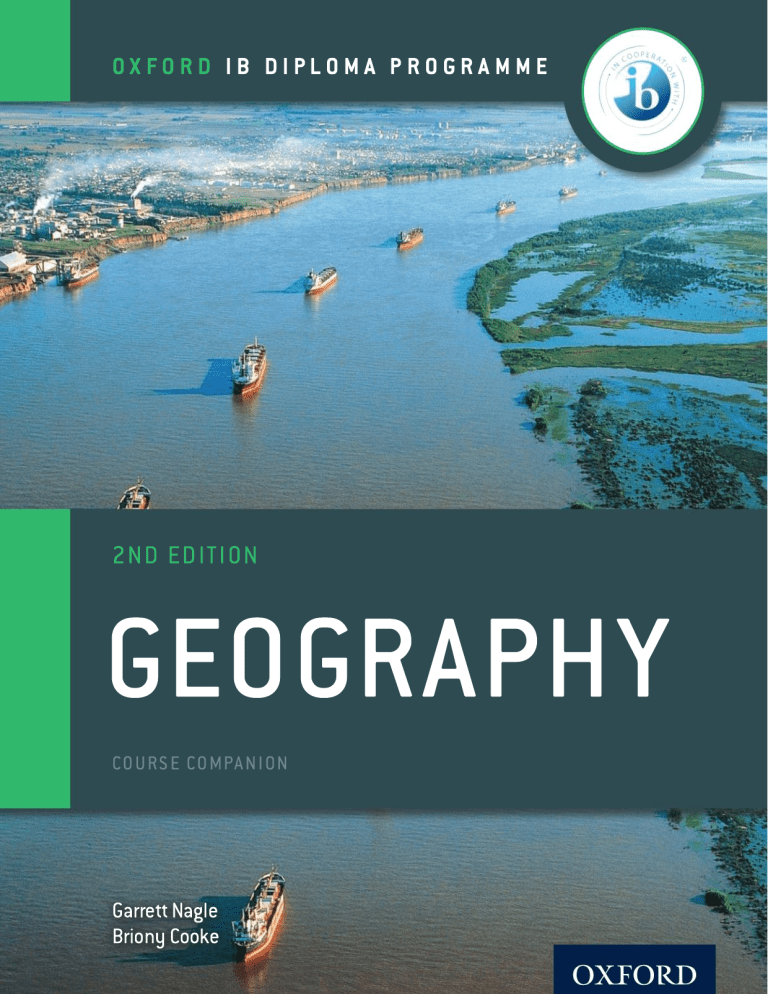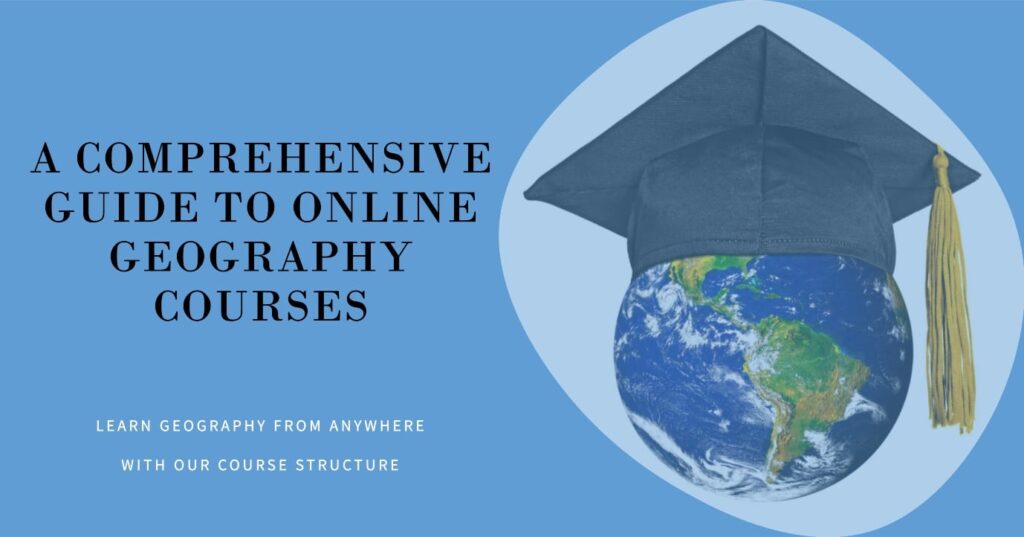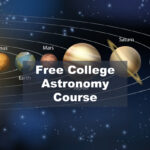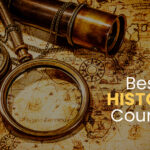But then, something shifted. I found myself at a crossroads, pondering what to study next. A friend, who always seemed to see the world through a clearer lens than I did, suggested I look into a proper geography course. "It’s not what you think," she promised with a knowing smile. And boy, was she right.
Stepping into that first lecture felt like walking into a whole new world, even though we were talking about this world. It was like a curtain being pulled back, revealing the intricate stage of our planet and everything that plays out on it. Forget rote memorization; this was about understanding.
My Journey Beyond the Map: What I Discovered in a Geography Course
Let me tell you, studying geography at a deeper level is a bit like becoming a detective for the planet. You learn to connect dots that you never even realized were there. It quickly became clear that geography isn’t just one thing; it’s two massive, fascinating umbrellas that constantly intertwine:
-
Physical Geography: The Earth’s Own Storyteller
This part of the geography course was mind-blowing. We didn’t just learn about mountains; we learned how they formed over millions of years, the incredible forces that pushed them skyward. Rivers weren’t just lines on a map; they were dynamic systems carving landscapes, shaping civilizations, and dictating life.We explored:
- Climatology: Understanding why some places are scorching deserts and others are frozen tundras. It’s not just "hot" or "cold"; it’s a complex dance of atmospheric pressure, ocean currents, and solar radiation. Suddenly, news about climate change made so much more sense.
- Geomorphology: The study of landforms. Think about how glaciers scrape valleys, how coastlines erode, or how volcanoes create new land. It’s truly seeing the Earth as a living, breathing entity.
- Biogeography: Where different plants and animals live and why. It’s about ecosystems and the delicate balance of life on Earth.
It made me look at a simple rock or a gust of wind with newfound respect. Every natural phenomenon had a story, a process, a reason.
-
Human Geography: Our Story on This Planet
If physical geography taught me about the stage, human geography taught me about the actors and their script. This is where it gets incredibly relevant to our daily lives. How do people interact with the environment? How do societies organize themselves?In this part of the geography course, we dove into:
- Urban Geography: Why do cities grow where they do? What challenges do they face – traffic, housing, pollution? How do we plan for better, more livable cities? This felt incredibly practical.
- Cultural Geography: How do our beliefs, languages, and traditions spread across the globe? Why do different regions have different food, music, or ways of life? It’s about understanding diversity and connection.
- Economic Geography: Where are industries located? Why do some regions thrive economically while others struggle? It’s about trade, globalization, and inequality.
- Political Geography: How are borders drawn? What impact do they have? Why do conflicts arise over territory or resources? This opened my eyes to the real-world complexities behind headlines.
It wasn’t just about facts; it was about understanding the forces that shape our societies, our economies, and our very identities.
The Unexpected Superpowers a Geography Course Gives You
Beyond the specific topics, what surprised me most were the skills I picked up along the way. A geography course isn’t just about accumulating knowledge; it’s about learning how to think.
- Critical Thinking & Problem-Solving: Geography teaches you to see patterns, analyze cause and effect, and think about things from multiple perspectives. Why is there a drought here? What are the human and physical factors contributing to it? What are potential solutions? It turns you into a natural problem-solver.
- Spatial Awareness: This is more than just knowing where things are. It’s about understanding relationships between places. How does a decision made in one city affect a community hundreds of miles away? It’s a powerful way to visualize connections.
- Data Interpretation & Mapping (GIS): We learned about Geographic Information Systems (GIS), which are powerful computer tools for creating, managing, and analyzing maps and spatial data. It’s like having X-ray vision for the planet! This is a highly sought-after skill in many industries.
- Global Awareness & Empathy: By studying different cultures, environments, and challenges around the world, your worldview inevitably broadens. You start to understand why people live the way they do, why certain conflicts arise, and how interconnected we all are. It fosters a deeper sense of empathy.
- Communication Skills: Explaining complex global or environmental issues clearly and concisely becomes second nature.
Why You Should Consider a Geography Course
So, if you’re like I was, thinking geography is just "Earth facts," let me gently nudge you. A geography course is so much more. It’s an exploration of our planet’s past, present, and future, and our place within it.
- It’s Incredibly Relevant: Every major issue facing our world today – climate change, resource scarcity, urbanization, pandemics, migration, political instability – has a profound geographic dimension. Understanding geography equips you to understand these challenges better and contribute to solutions.
- It’s Versatile: People with geography degrees go into so many different fields: urban planning, environmental consulting, data analysis, disaster management, teaching, international development, cartography, market research, journalism, and so much more. The skills are highly transferable.
- It Makes You a Better Global Citizen: You’ll gain a deeper appreciation for the diversity of our world and the interconnectedness of all things. You’ll see beyond headlines and understand the deeper forces at play.
My journey through a geography course wasn’t just about learning; it was about transforming how I saw the world. It wasn’t about memorizing where places are, but understanding why they are the way they are, and how everything is connected. It truly pulls back the curtain and shows you the magnificent, complex, and utterly captivating show that is our planet Earth. If you’re looking for a subject that will challenge you, enlighten you, and equip you with skills for a rapidly changing world, give geography a serious look. You might just find your own perspective shifting in the most wonderful way.



